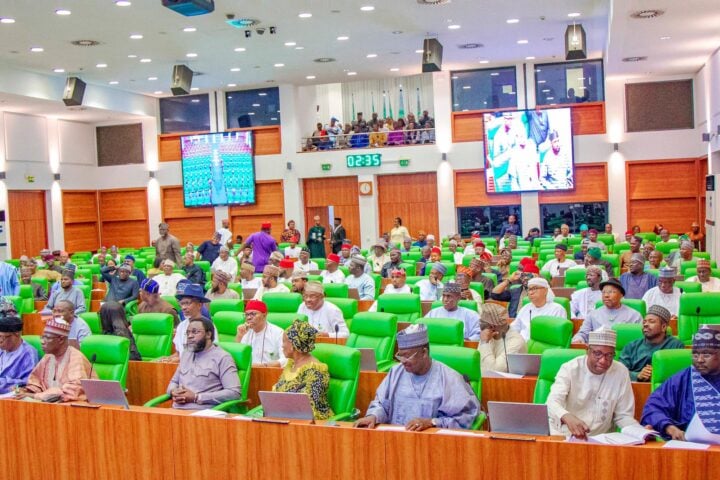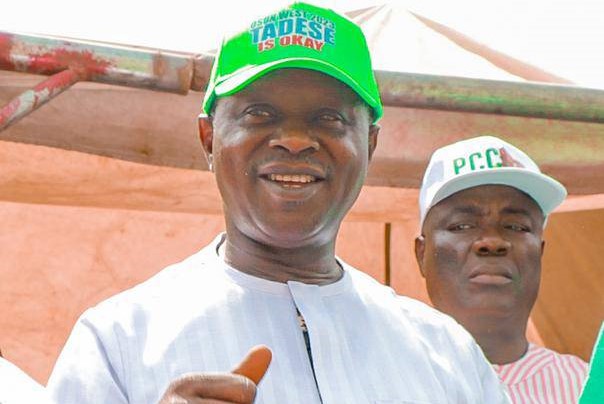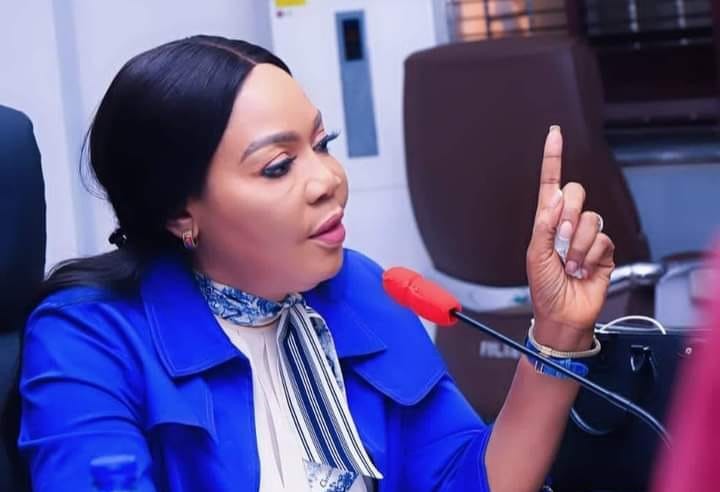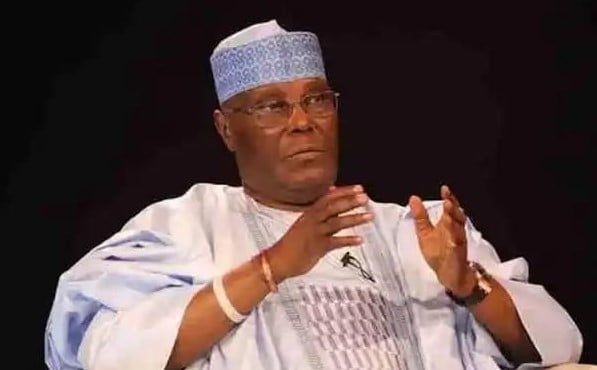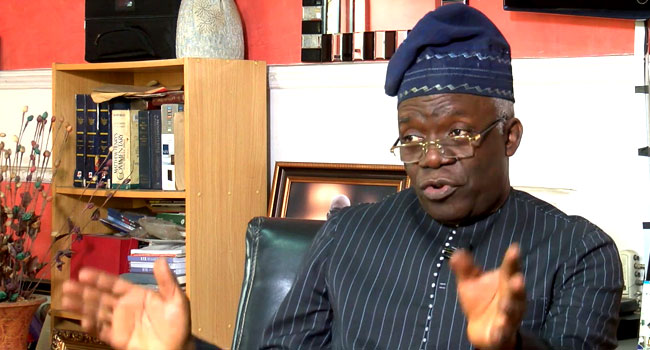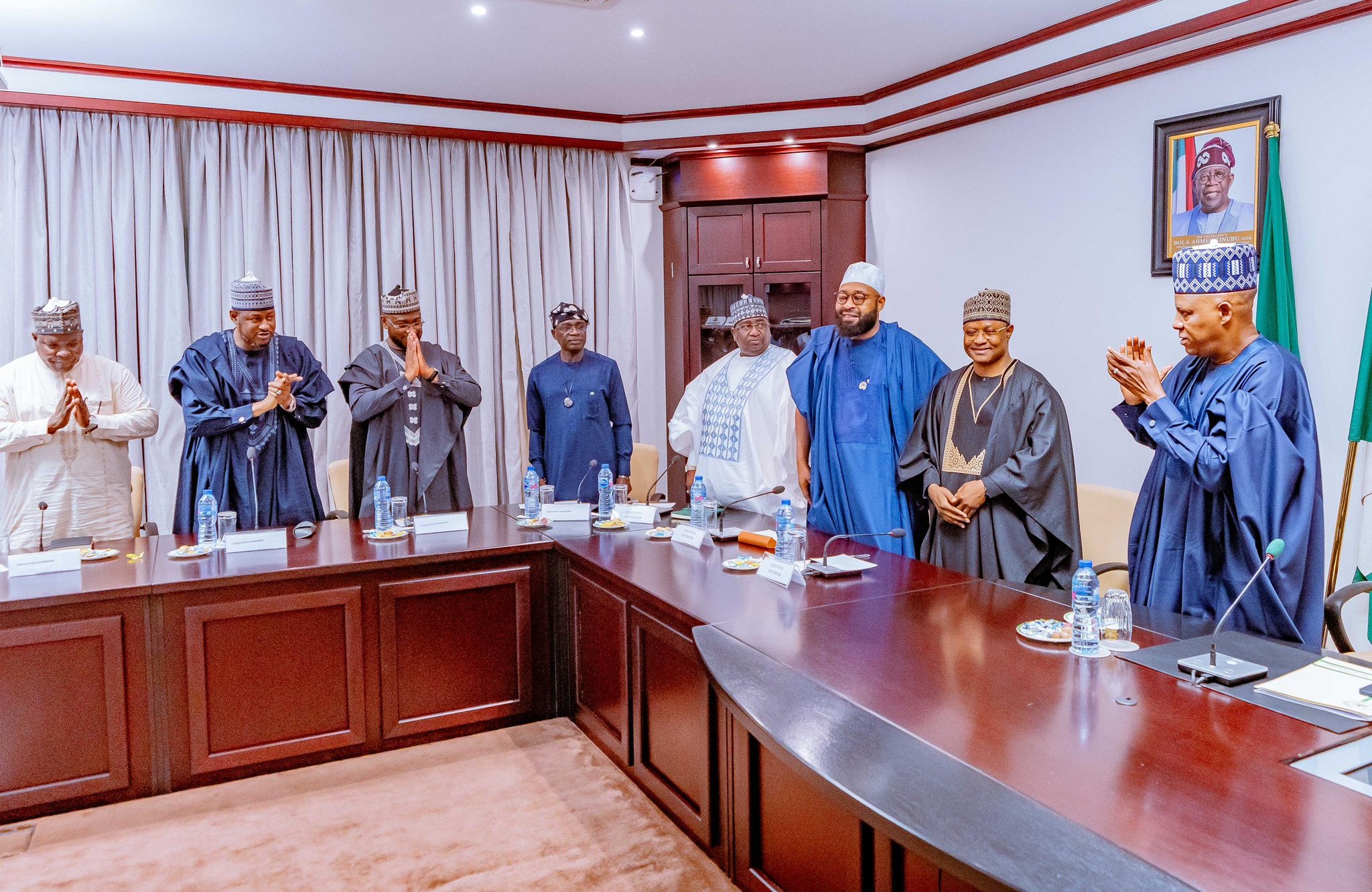Some members of the house of representatives on Tuesday moved against a bill seeking to increase the educational qualification for election into the office of the president.
Sponsored by Adewunmi Onanuga, a lawmaker from Ogun state, the proposed legislation is intended to also raise the minimum academic qualification for election as a governor, state and federal lawmakers.
Sections 65, 106, 131 and 177 of the 1999 Constitution stipulate that a person must be qualified for election into the aforementioned elective offices if he/she “has been educated up to at least School Certificate level or its equivalent”.
But the new bill seeks to raise the qualification to at least a “university degree level or its equivalent”.
Advertisement
Leading the debate on the bill, Onanuga said the race for elective offices at both state and national levels has become increasingly competitive.
The lawmaker argued that it could be counterproductive if people who are not sufficiently prepared educationally, get into those elective offices.
“If a managing director who holds an equally strategic position in a company within this country, cannot be employed without a university degree or its equivalent, why should the above political offices be held by people without a university degree or its equivalent? she asked.
Advertisement
THE DEBATE
While supporting the bill, Babajimi Benson, chairman of the house committee on defence, said it is unreasonable to oppose the bill.
Julius Ihonvbere, the majority leader, said the bill should exclude people at the local government from the requirement.
In his debate, Leke Abejide from Kogi said the bill should be essential to reduce “mediocrity” in the political system.
Advertisement
“If you put a mediocre to be in a political office it will be dangerous for the country,” Abejide said.
Kingsley Chinda from Rivers said the standard of education has declined over the years and it is important that the minimum educational qualification for elective offices be raised.
He said raising the educational qualification would encourage Nigerian youths to go to school.
“We should support this bill with every strength of ours,” he said.
Advertisement
However, Ali Madaki, a lawmaker from Kano, kicked against the bill, arguing that leadership quality is not determined by educational qualification.
Madaki, who said he has an MBA, noted that he was not speaking for himself but for all Nigerians who may not have the means to obtain degree qualification.
Advertisement
“This is not the right bill,” he said.
Ahmed Jaha from Borno also voiced opposition to the bill, citing United Nations Educational, Scientific, and Cultural Organization (UNESCO’s) requirement that a country’s education budget should not fall below 26 percent, a benchmark Nigeria has never attained.
Advertisement
“Why should Nigerians be punished because of the failure of their state? Qualification is not a true test of knowledge. We should not make laws that favour a few Nigerians,” he said.
Onanuga succumbed to pressure and requested that the bill be halted for further legislative deliberation.
Advertisement
Ben Kalu, the deputy speaker of the house who presided over the plenary, ruled on Onanuga’s request and stepped down the bill.
The bill was considered in the 9th national assembly but did not scale through during the constitutional amendment.
Add a comment
